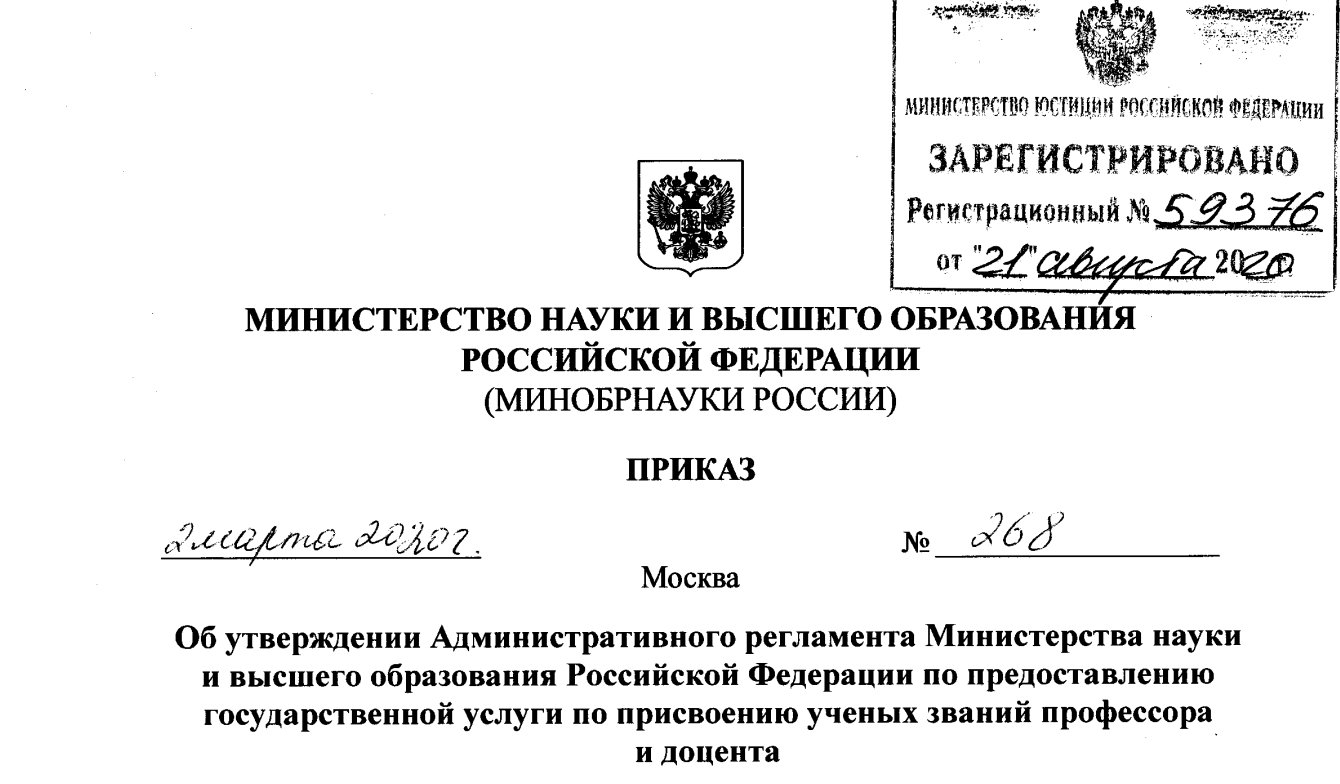Teachers working in Russian universities are periodically faced with the need to provide the administration with a list of their scientific and educational works. For example, for (re) election to a position, conferring a title, etc. The format for presenting information, Form No. 16, was developed for goodness knows when and is still used in the bureaucratic depths of the Ministry of Science and Higher Education of the Russian Federation. I became too lazy to fill out this ridiculous form manually and I wrote a small python script that generates the necessary table based on information obtained from the scientific electronic library elibrary.ru . Perhaps someone will be interested in this, so below is a description of this procedure ...

, elibrary.ru, , «» « ». «», « ». , html-, index.html
. :

№268 ( №3 . 52) - :

The script for converting the table format is based on using the BeautifulSoup library , which I got very cursory about and used for the first time in my life. Here's what I got:
#!/usr/bin/env python3
from bs4 import BeautifulSoup
from random import randint
from re import findall
YFrom, YTo = 2015, 2020 #
def NP(s): #
pages = s.split()[-1]
if '-' in pages:
P = pages.split('-')
np = 1 + int(float(P[1])-float(P[0]))
else:
np = randint(5, 10)
return '%d' % np #
def Year(s, FROM, TO): #
Ys = findall(r'\s\d{4}\.', s) # ' 2020.'
if not Ys: Ys = findall(r'\s\d{4}', s) # ' 2020'
if not Ys: return False # -
for y in Ys: Y = int(float(y)) #
if Y<FROM or Y>TO: return False
else: return True
with open('index.html', 'r') as fp:
soup = BeautifulSoup(fp, 'html.parser') #
soup.head.style.decompose() # , css ..
aname = soup.title.get_text().split('-')[1] #
aname = f' - {aname:s}\n'
soup.title.string = aname #
soup.find('span').string = aname #
soup.find('i').decompose() # -
soup.find('table').decompose() #
table = soup.find('table') #
table['border'] = 1 #
table['width'] = '100%' #
N = 1 #
rows = table.find_all('tr') #
for i in range(len(rows)): #
cols = rows[i].find_all('td') #
if len(cols)==3 and cols[1].find('span'): #
content = cols[1].get_text() #
title = cols[1].find('span').get_text() #
authors = cols[1].find('i').get_text() #
cites = int(cols[2].get_text()) #
content = content.replace(title, '') # , :
content = content.replace(authors, '') # content
thesis = content.replace(' : ','') #
abbook = content.replace(' : ','') #
if thesis != content: #
title += ' ()'; content = thesis #
elif abbook != content: #
title += ' ()'; content = abbook #
else: #
if '' in content: title+= ' ()'#
elif '' in content: title+= ' ()'#
else: title += ' ()' #
authors = authors.split(', ') #
if cites<10 or not Year(content, YFrom, YTo): #
rows[i].decompose() #
else: # - -
anumber = len(authors)
if anumber<5: PS = ''
else: PS = f' ., {anumber:d} .'
authors = ', '.join(authors[0:5]) + PS
cols[0].string = f'{N:3d}' #
cols[1].string = title #
cols[2].string = "." #
for info in [content, NP(content), authors]: #
A = soup.new_tag('td'); A.string = info ; rows[i].append(A)
N+= 1
else:
rows[i].decompose()
tr = soup.new_tag('tr') #
names = ['№ \', ' , ', ' ', ' ', ' .. .', '']
for name in names:
th = soup.new_tag('th')
th.string = name
tr.append(th)
table.insert(0, tr)
with open('table.html', 'w', encoding='utf-8') as fp: fp.write(str(soup))
To complete the task, you need to run the script in the folder that contains the file index.html
in which we saved the table with elibrary.ru. At the output, a file is generated table.html
that can be easily uploaded to google docs, where it can be subjected to final edits such as changing column widths, choosing fonts, etc.